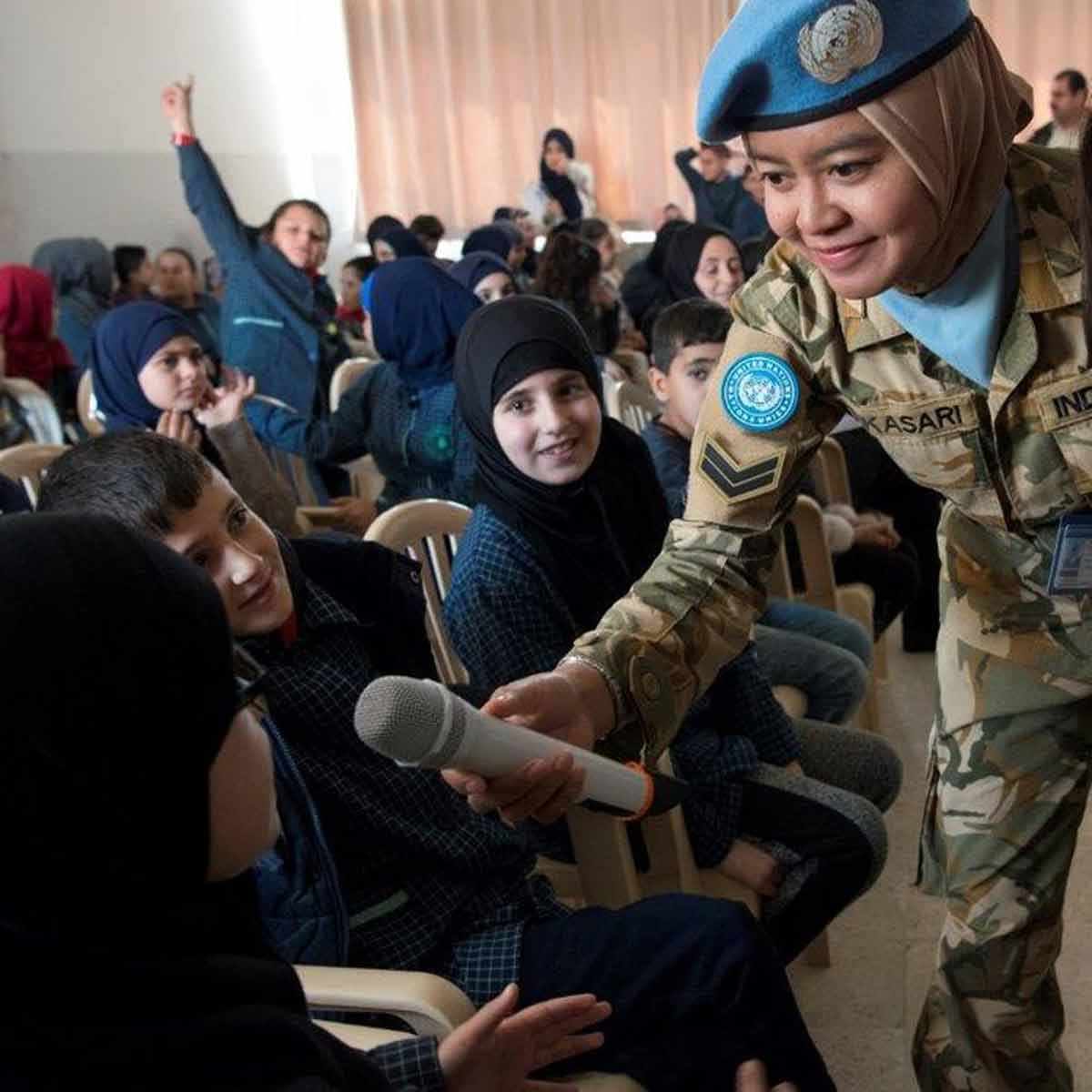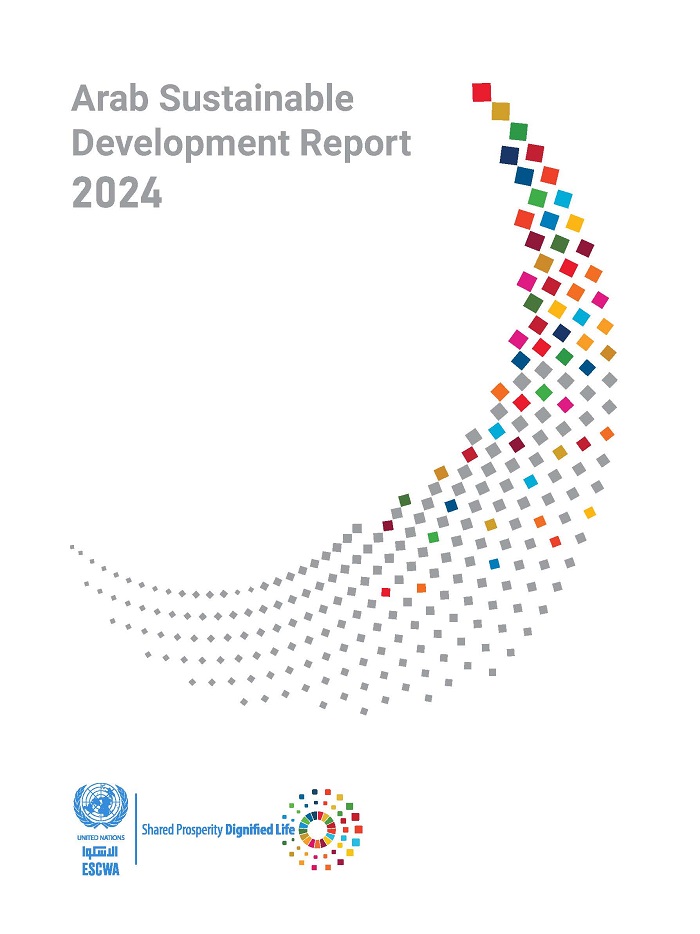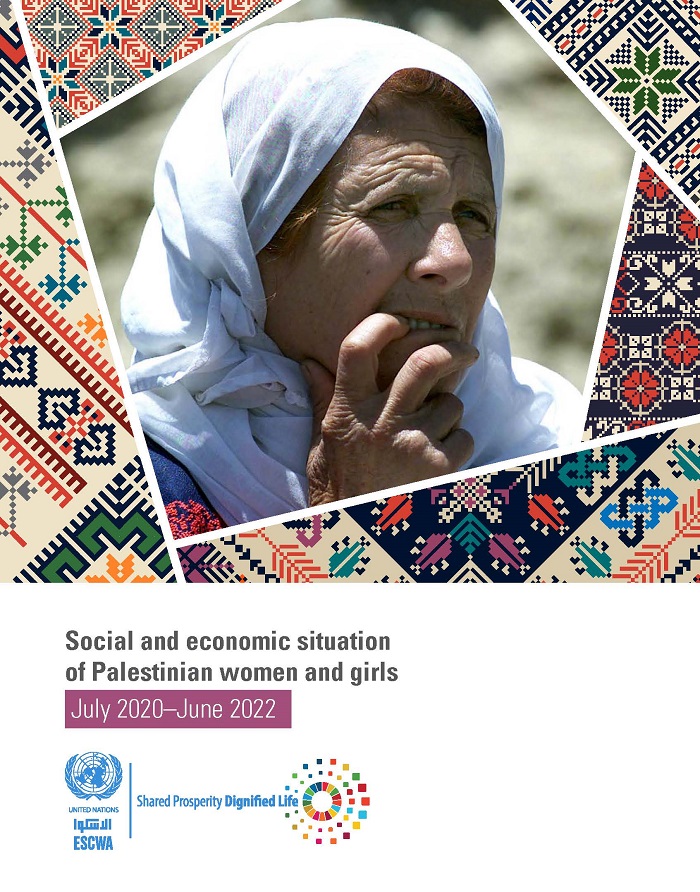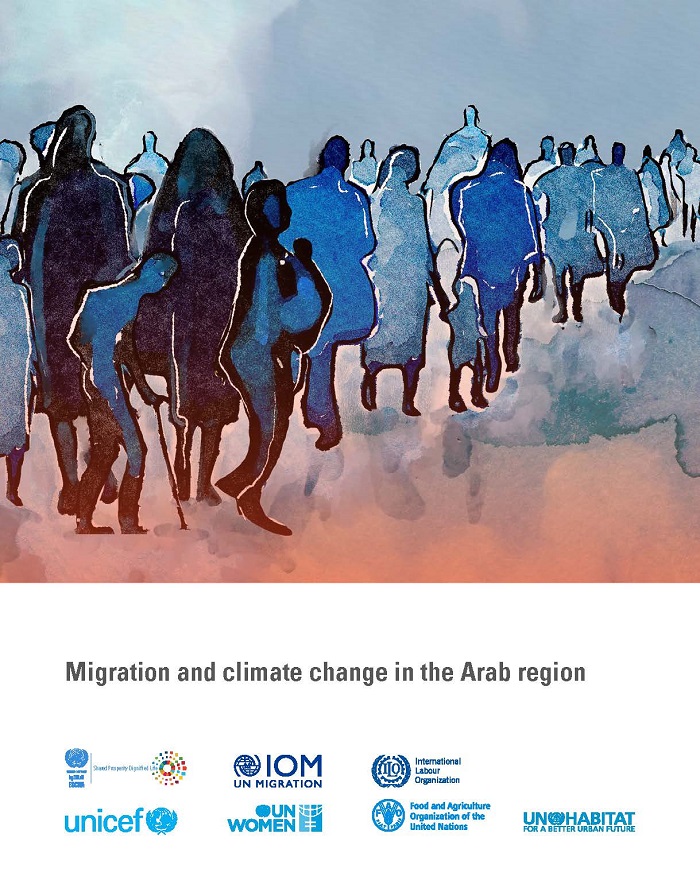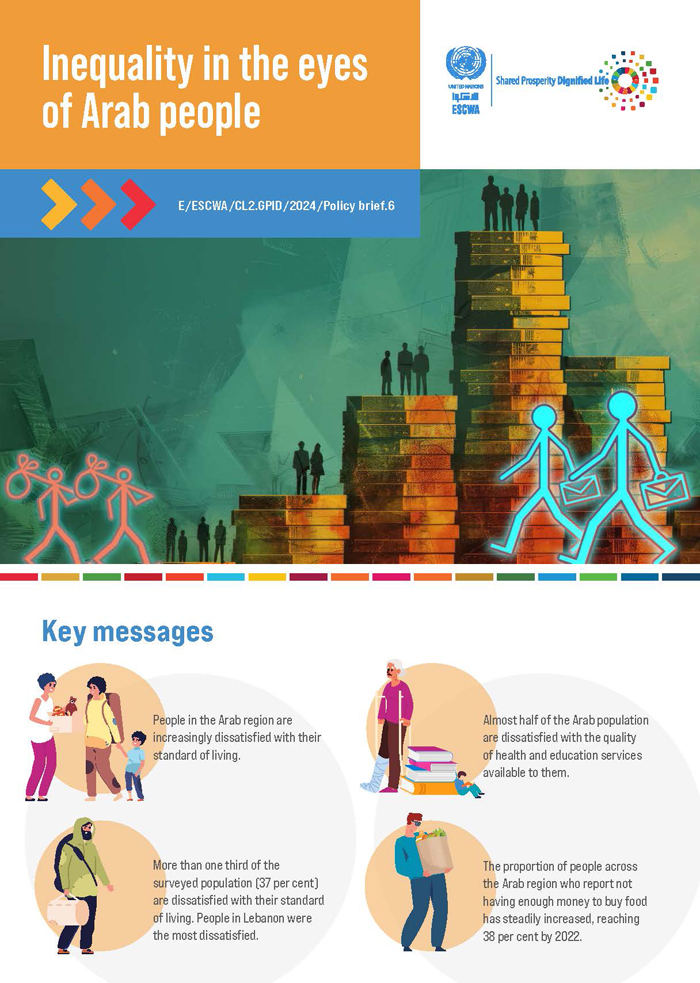
Background
Some Arab countries are suffering from conflict or its spillover effects, while others are experiencing political transition, instability or protracted Israeli occupation.
Those difficult and sometimes degrading conditions increase women’s vulnerability and impact their wellbeing and livelihood. Efforts to resolve conflicts and address their root causes cannot be successful unless all parties affected by them are empowered, including women.
Our approach
ESCWA pays special attention to strengthening the role of women in times of peace and conflict. Given the disproportionate impact of conflict on women, ESCWA supports its member States in implementing the women, peace and security agenda through the consultative and participatory development of national action plans by undertaking the following:
-
Assessing the implementation of Security Council resolution 1325 in member States, and identifying key issues to be addressed at the national and regional levels;
-
Supporting member States in their efforts to develop national action plans on women, peace and security, monitor and evaluate progress in their implementation, and cost associated activities;
-
Providing member States with platforms and tools to facilitate the exchange of knowledge and best practices among Arab countries and beyond, strengthen their institutional resilience and internal structures, and build their skills in advocating and promoting gender equality at the national level.
Our partners
Partners:
UN-Women, League of Arab States, Arab Institute for Women (LAU), AICS, UNFPA, ARCS, OXFAM, Georgetown Institute for WPS, PRIO.
Stakeholders:
National women’s machineries, Civil society organizations.
Our activities
ESCWA prepares studies, policy briefs and reports that identify enduring and emerging barriers to women’s political representation and participation in peacebuilding processes; assess the status and needs of women in conflict settings; and shed light on the importance of mainstreaming gender in national frameworks and strategies related to the women, peace and security agenda. ESCWA also holds national and regional events and workshops; and develops tools to share knowledge and build the capacity of member States in developing national action plans on women, peace and security, monitor and evaluate the progress in their implementation, and cost their activities.
